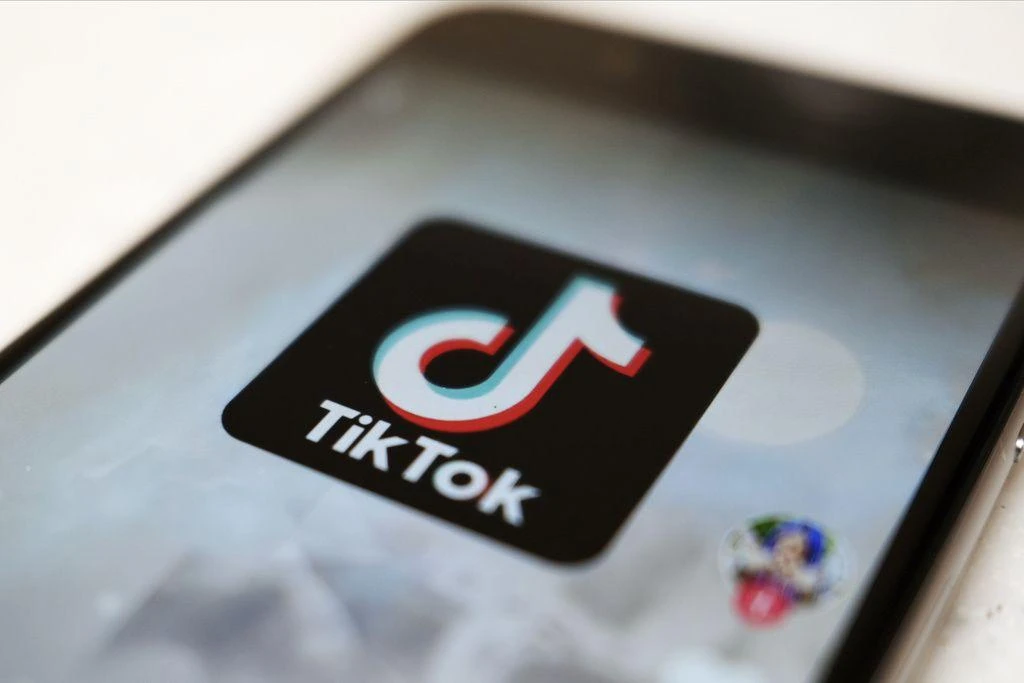US House votes to compel TikTok divestiture amid national security concerns

US House of Representatives leads bipartisan effort to mandate TikTok divestiture amid escalating national security apprehensions
The well-known video-sharing app TikTok may be forced to break its relationship with its Chinese parent business or face being prohibited from functioning in the US if the US House of Representatives passes a crucial measure on Wednesday.
The legislative body voted 352 to 65 in support of the proposed rule, demonstrating a bipartisan stance against worries about TikTok’s Chinese ownership and its possible vulnerability to influence from Beijing’s Communist Party. This was a remarkable display of unity despite the political division in Washington.
To highlight the support from both parties, Republican House Speaker Mike Johnson said, “Today’s bipartisan vote demonstrates Congress’ opposition to Communist China’s attempts to spy on and manipulate Americans, and signals our resolve to deter our enemies.” He called on the Senate to do the same and move the legislation forward for President Biden’s signature.
The Senate, however, is still undecided about the bill’s future since some senators are hesitant to take strong action against an app that has 170 million users in the US.
The Protecting Americans from Foreign Adversary Controlled Applications Act is a measure that President Biden has said he would be prepared to sign into law should it come across his desk.
TikTok lamented the bill’s passing and drew attention to its opaque process and its negative consequences. According to a spokeswoman, “We are hopeful that the Senate will consider the facts, listen to their constituents, and realize the impact on the economy, 7 million small businesses, and the 170 million Americans who use our service.”
The newly enacted law requires TikTok’s parent firm, ByteDance, to sell the app within 180 days or risk having it removed from well-known app shops in the US, like Apple and Google. Furthermore, it gives the president the power to label such programs as dangers to national security if they are run by nations that the US considers to be adversaries.
With a presence in Washington, TikTok CEO Shou Zi Chew is aggressively working to obstruct the bill’s advancement.
The Wall Street Journal stated that TikTok executives were comforted by President Biden’s usage of the app during his reelection campaign last month, but the firm was taken aback by the sudden upsurge in attention.
The adoption of the measure is a substantial shift from the position of the Trump administration, as the former president had previously called for limitations on TikTok. Trump, however, recently said that he was against the ban, citing worries about supporting Meta, the business that owns Facebook and Instagram.
Though the bill passed the House, concern remains in the Senate as Representative Nancy Mace, who is known to be close to former president Donald Trump, casts doubt on its practicality. Prior efforts to restrict TikTok’s activities have run afoul of the law, raising issues with free speech among other things.
Strongly denying any ties to the Chinese government, TikTok emphasizes safeguards that guarantee US user data stays in the US under independent supervision.
Source: AFP



